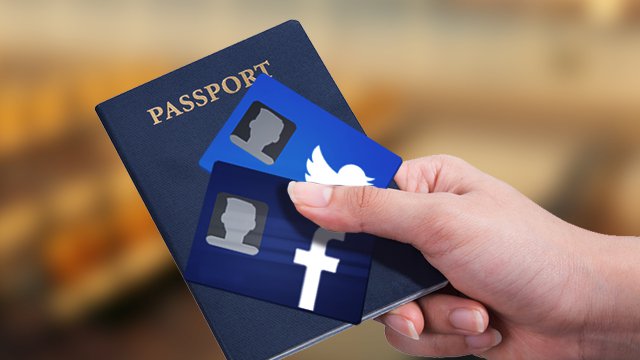On May 27, Secretary of State Marco Rubio issued a cable to U.S. Embassies and Consulates worldwide, pausing appointments for student visa applicants:
Effective immediately, in preparation for an expansion of required social media screening and vetting, consular sections should not add any additional student or exchange visitor (F, M, and J) visa appointment capacity until further guidance is issued …, which we anticipate in the coming days.”
Then, on June 18, a State Department media note stated that appointments will resume “soon” and that applicants will be subject to heightened vetting:
We use all available information in our visa screening and vetting to identify visa applicants who are inadmissible to the United States, including those who pose a threat to U.S. national security. Under new guidance, we will conduct a comprehensive and thorough vetting, including online presence, of all student and exchange visitor applicants in the F, M, and J nonimmigrant classifications.
To facilitate this vetting, all applicants for F, M, and J nonimmigrant visas will be instructed to adjust the privacy settings on all of their social media profiles to “public.”
Our overseas posts will resume scheduling F, M, and J nonimmigrant visa applications soon. Applicants should check the relevant embassy or consulate website for appointment availability.
Every visa adjudication is a national security decision. The United States must be vigilant during the visa issuance process to ensure that those applying for admission into the United States do not intend to harm Americans and our national interests, and that all applicants credibly establish their eligibility for the visa sought, including that they intend to engage in activities consistent with the terms for their admission.
Politico reports that it has obtained a more detailed cable issued by the State Department to consular officers worldwide requiring that the new vetting procedures be implemented within five business days:
In the cable, consular officers are directed to review applicants’ online presence for “any indications of hostility towards the citizens, culture, government, institutions or founding principles of the United States.” The cable also instructs embassies to flag any “advocacy for, aid or support for foreign terrorists and other threats to U.S. national security” and “support for unlawful antisemitic harassment or violence.”
The cable seems to reflect the President’s efforts to quell pro-Palestinian campus protests, antisemitism, and more generally, University campus culture which he sees as un-American.
“Online presence” is defined as more than social media activity, and includes information in online databases, including LexisNexis.
According to the cable, if students refuse to change their accounts to “public,” or if students give “limited access to, or visibility of, online presence,” this “could be construed as an effort to evade or hide certain activity.”
The cable says embassies and consulates can resume scheduling student visa interviews but that they should do so in a way that accounts for the increased workload that will come with the additional screening efforts. Embassies should prioritize interviewing physicians applying for a “J-1” visa for educational exchange and students looking to “study at a U.S. university where international students constitute 15 percent or less of the total student population” for visa interviews, the cable added.
——-
In my opinion, the cable’s requirement to screen for “hostility” to the “citizens, culture, government, institutions or founding principles of the United States” is wildly vague. If taken literally, officers should screen for opposition to citizens like the serial killer Jeffrey Dahmer, culture like apple pie, government policies like tax rules (who doesn’t dislike taxes?), and institutions like the KKK. Hopefully, consular officers will keep in mind that this screening requirement is not the law but instead merely points to issues officers should consider while enforcing the laws that visas should not be issued to persons who threaten national security or may violate the visas’ terms.
Also, the Form DS-160, Nonimmigrant Visa Application, already requires applicants to list their social media handles. Up to now, the State Department stated that “Only the content which a social media account holder shares publicly will be viewed by the Department.” But now, in a reversal of policy, the Department is requiring that applicants must set their social media privacy settings to “pubic.” This appears to me to be an invasion of privacy. Why not require that applicants share their private diaries too?
Further, by requiring that social media settings be set to “pubic,” disclosures of previously secret communications will be made not just to the State Department but to the whole world.

Leave a Reply